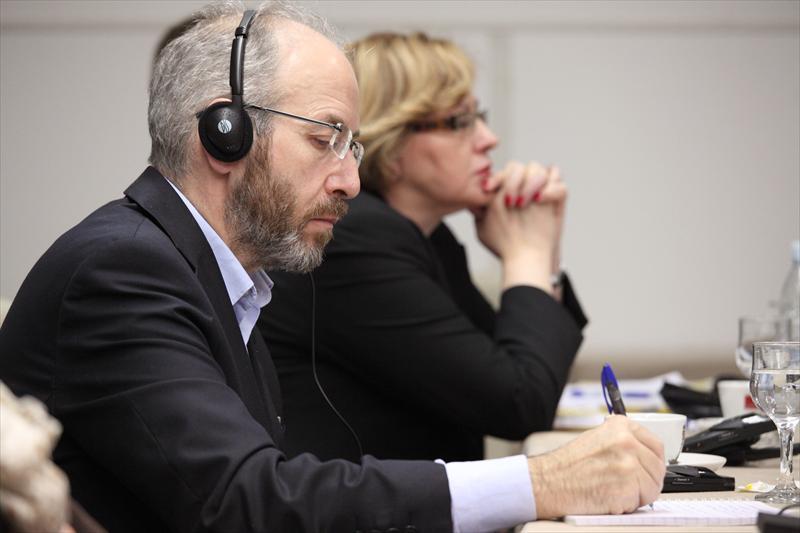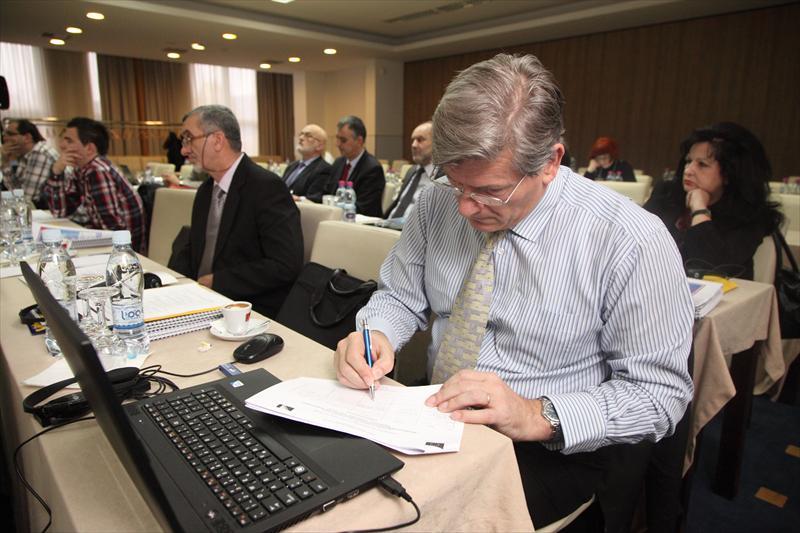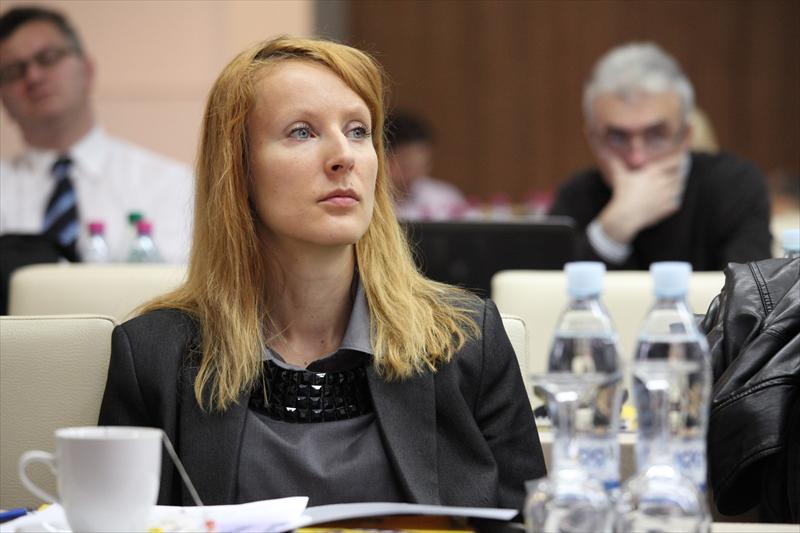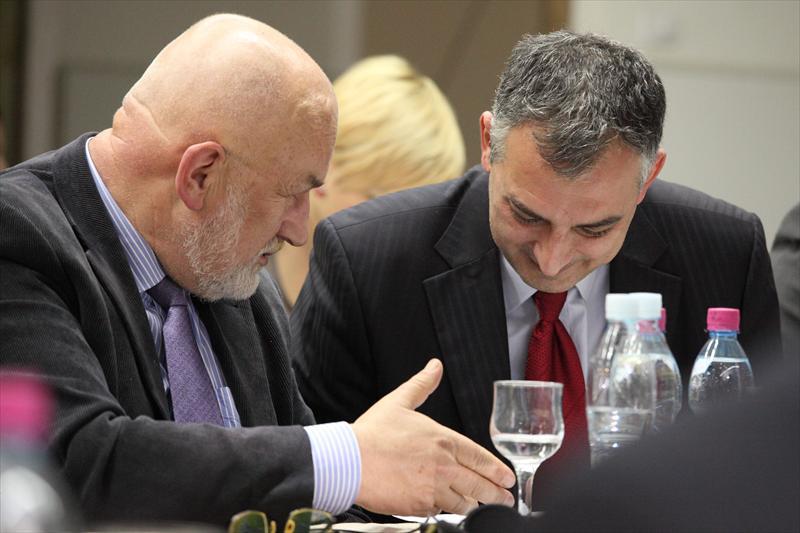A Conference on Higher Education Financing in Bosnia and Herzegovina was held today in Sarajevo to mark the completion of a 24-month EU funded project “Reform of Higher Education Financing in Bosnia and Herzegovina”.
The project supported BiH Ministries of Education and Finance as well as public universities in BiH to improve system of higher education financing and align it with practices and standards of the European Higher Education Area. Moreover, the project was focussed on laying the foundation for steady and incremental improvements in higher education financing over the coming years.
The project was funded by the European Union under the Instrument for Pre-accession Assistance (IPA 2009) in the amount of 1.473.500 EUR.
Natalia Dianiskova, Head of Operations Section for Social Development, Civil Society and Cross Border Co-operation at the EU Delegation to BiH stated: “Results of the project are good as concerns the delivery on the ground and at the Universities. The recommendations will be fed into the ongoing EU supported project “Strategic Development of the Higher Education and Qualification Standards” implemented by Council of Europe. There is a big potential for the country as concerns using the results of the project, because it could mean that the linkage between the labour market and the universities can be much strengthened thus decreasing the unemployment of young people.”
Before the project, higher education financing was generally lacking in clear, transparent, justifiable and rational criteria. There was limited cooperation between the universities and respective ministries in regard to budget planning. Furthermore, the higher education financing was complicated by different practices in budget implementation across BiH, declining public spending, increasing parenting costs, relatively high unemployment and competition from private higher education.
Project assisted in the development of a methodology, computer programme and capacity for its use for activity-based costing (ABC). Universities can now calculate costs of their operations, establish actual and optimum costs per student/ study programme, identify deficit or surplus study programmes, examine how cross-subsidisation works or needs to work between the public and university income sources and between study programmes.
In addition, the universities will now be able to link fees and actual costs, calculate costs of their annual enrolment plans, identify where they need cooperation with ministries to ensure efficient enrolment fee adjustment in relation to costs, determine a fair and rational internal distribution of finance between faculties, and more.
The ABC programme data also feeds into a second programme that gives ministries and universities a tool for cooperative planning. Using the Higher Education Budget Planning programme, ministries and universities can agree on policies and targets in terms of students or study programmes.
The project was implemented by Hulla & Co Human Dynamics KG.



















